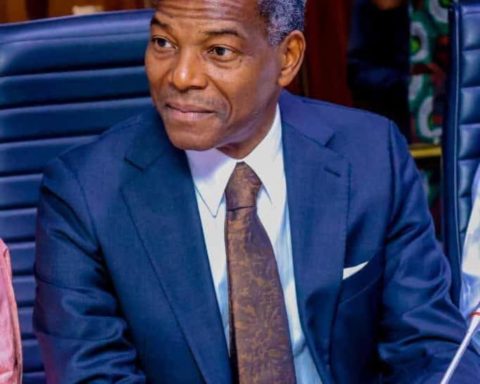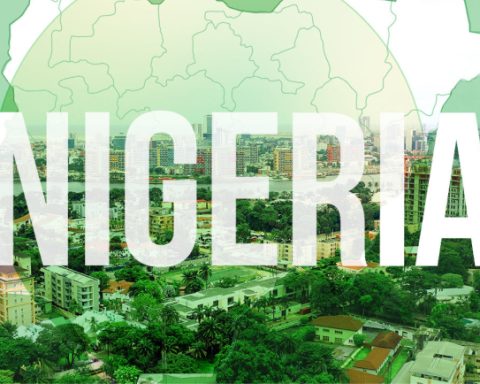By Henry Aladiume
Over the last fifty years the mass media landscape has undergone phenomenal changes largely due to rapid evolutionary trends in the realm of technology. Also, within that time frame the process and methods for developing and distributing mass media content has witnessed rapid transformation. In more recent years, some media analysts have suggested that there has been a paradigm shift in the level of impact of the media with an evident decline in the power of traditional mass media (Radio, TV, Print, Film). In contrast new media platforms like social media and internet platforms have emerged as the dominant tools of mass communication.
Join our WhatsApp ChannelHowever, the role the mass media plays in the society has become even more significant or assumed new dimensions since the late 1990’s as technology behemoths like Facebook and Google have become pre-eminent vehicles for shaping elements of culture, economics and politics in the society. In a similar vein, some experts have contended that disruptive innovations in the telecommunications sub-sector over the last quarter of a century, have had multiplier effects on the media landscape leading to the rise of digital and marketing platforms that are re-shaping the nature of how consumers receive and use the media.
Against that backdrop, Professor Sylvanus Ekwelie penned a book that seeks to put into proper perspective the role of the mass media in society. In his book Professor Ekwelie, a renowned Mass Communication expert, with academic endorsements from top American and Nigerian universities offers a multi-dimensional perspective on mass media influence on society.
READ ALSO: Trump’s Win – Media As Victim Of Its Agenda Powers
In addition, in his analysis of the impact of mass media and society Ekwelie sought to draw a detailed connections between several dimensions of the subject. He provided an incisive retrospection on the historical role the media has played in the Nigeria ln society over the last 160 years. In the book, he also delved into such themes as the influence and power of the media, media theories, significance of language, power of media personalities and their overall influence on society.
Evidently, most mass communication scholars support the proposition regarding the pervasive role of the media in society and the pivotal impact that Journalists and newsmen play in the process. In line with that school of thought, Professor Ekwelie in his book chronicled the names of prominent Journalists in Nigeria mass media, who have had a phenomenal role in shaping the landscape. Some of the practitioners he highlighted are Adamu Ciroma, Peter Enahoro, Ray Ekpu, Dan Agbese, Tony Momoh and others.
Interestingly, he expounded in his book the foundational principles behind his academic beliefs which revolves around Journalistic accuracy, media as conscience of the society and the observance of ethics. Most mass communication academics have remarked that the book is an important compendium on the Nigerian mass media landscape and provides the reader an intellectual discourse on how the mass media and the practitioners have impacted various aspect of life for over a century.









